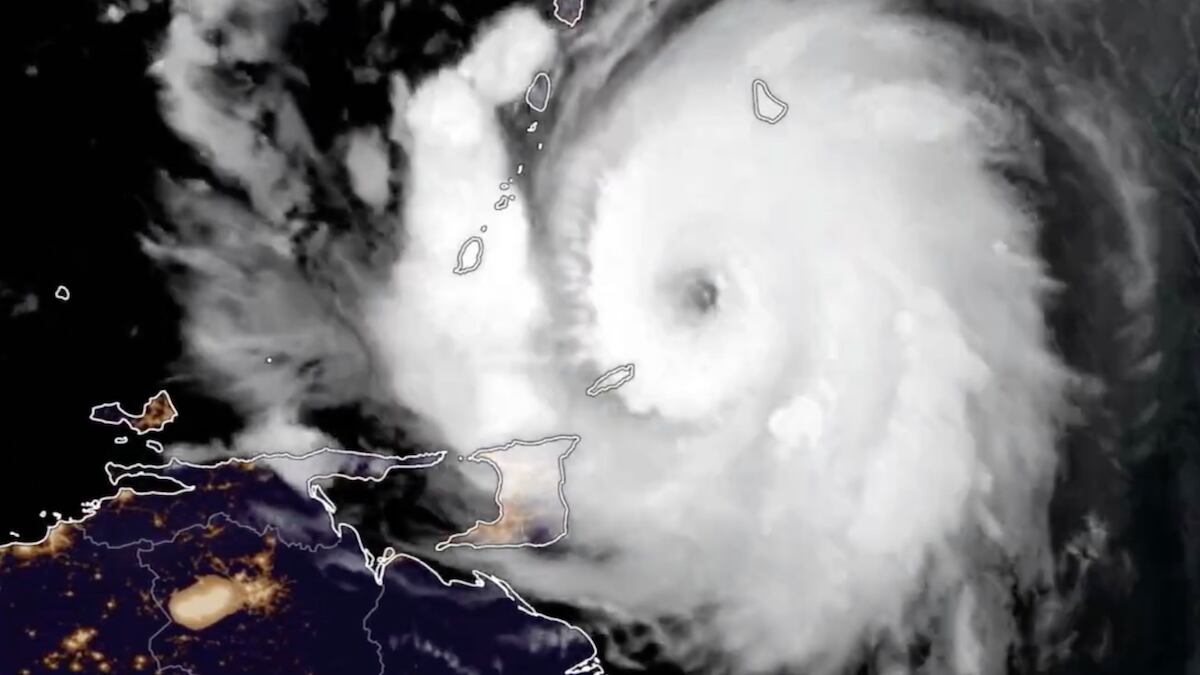Hurricane Beryl has regained category four status and is considered extremely dangerous, according to the National Hurricane Center of the United States. Advancing through the Caribbean Sea, Beryl has triggered alerts in several countries and Mexican states such as Yucatán and Quintana Roo.
PUBLICIDAD
During the early hours of this Monday, Beryl regained its strength after being downgraded to category three. Currently, it threatens with winds of over 200 km/h, torrential rains, and possible flooding, severely affecting Saint Vincent, the Grenadines, and Grenada. The forecast indicates that it will continue moving westward in the Caribbean, possibly affecting the Dominican Republic, Haiti, and Jamaica.
PUBLICIDAD
Alert in the Caribbean and Mexico
The National Hurricane Center expects Beryl to maintain its intensity throughout the week, although it could gradually weaken. Despite this, Quintana Roo and the Yucatán Peninsula face serious risks, especially from storm surges and dangerous waves.
It is forecasted that Beryl will make landfall in Quintana Roo next Friday, possibly as a category one or two hurricane. Local authorities are already taking measures to protect the population and mitigate damages.
Preparations and security measures
Authorities have issued recommendations to the population to follow official instructions in case of evacuations. Extreme weather conditions caused by Beryl are expected to result in heavy rainfall and strong gusts of wind.
For more information and updates, follow the social media and announcements from the National Hurricane Center.
